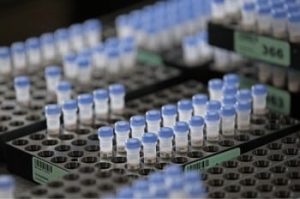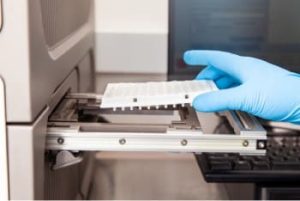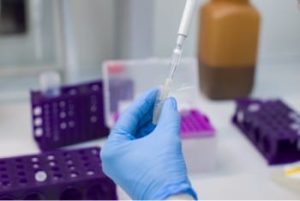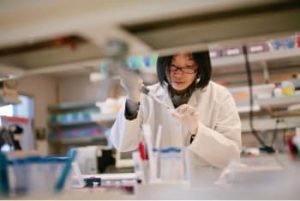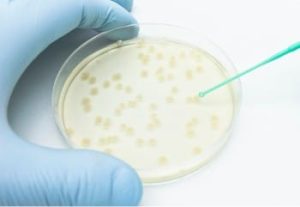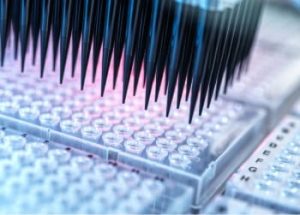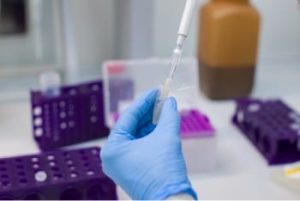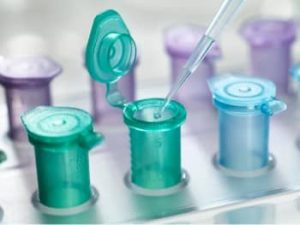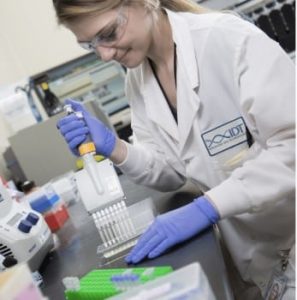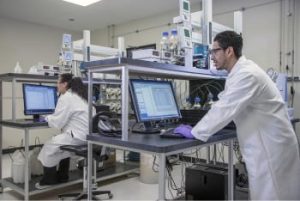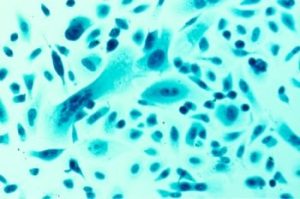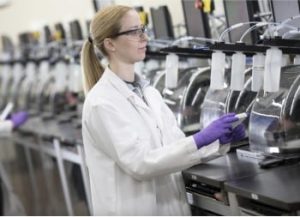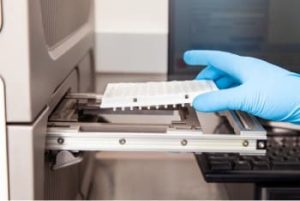What is an amplicon?
An amplicon is the end-product of a replicated —or amplified— piece of DNA. Amplicons can be small or large depending on the nucleotide length of the starting sequence being amplified. Before generating amplicons, a researcher identifies genes of interest, or a specific genomic region to replicate. Next, the researcher will design primers for the target sequence and then perform polymerase chain reaction (PCR) or real-time PCR (RT-PCR).
How are amplicons produced?
Polymerase chain reaction (PCR) is a molecular biology technique that creates PCR amplicons from DNA. The starting DNA template can be genomic DNA (gDNA), complementary DNA (cDNA), or plasmid DNA. The DNA template can be reamplified to increase the yield, thereby increasing the number of amplicons in the sample. Then, primers and probes are designed to the amplified target sequence. Read more in DECODED™ article How to design primers and probes for PCR and qPCR.
What is an amplicon library?
A library is constructed from amplified or replicated DNA fragments of the same size using a DNA Library Prep kit. Depending on your research needs, IDT offers a variety of library prep kits. More information about our DNA library prep kits can be found here.
What is an amplicon sequence variant?
A variant is a single mutation within a nucleotide sequence. Researchers perform amplicon sequencing as a targeted approach to study genetic variations in the genome. Read more about this in our blog post titled, 5 Tips for Amplicon Sequencing.
*RUO—For research use only. Not for use in diagnostic procedures. Unless otherwise agreed to in writing, IDT does not intend for these products to be used in clinical applications and does not warrant their fitness or suitability for any clinical diagnostic use. Purchaser is solely responsible for all decisions regarding the use of these products and any associated regulatory or legal obligations. RUO23-1869_001
References

